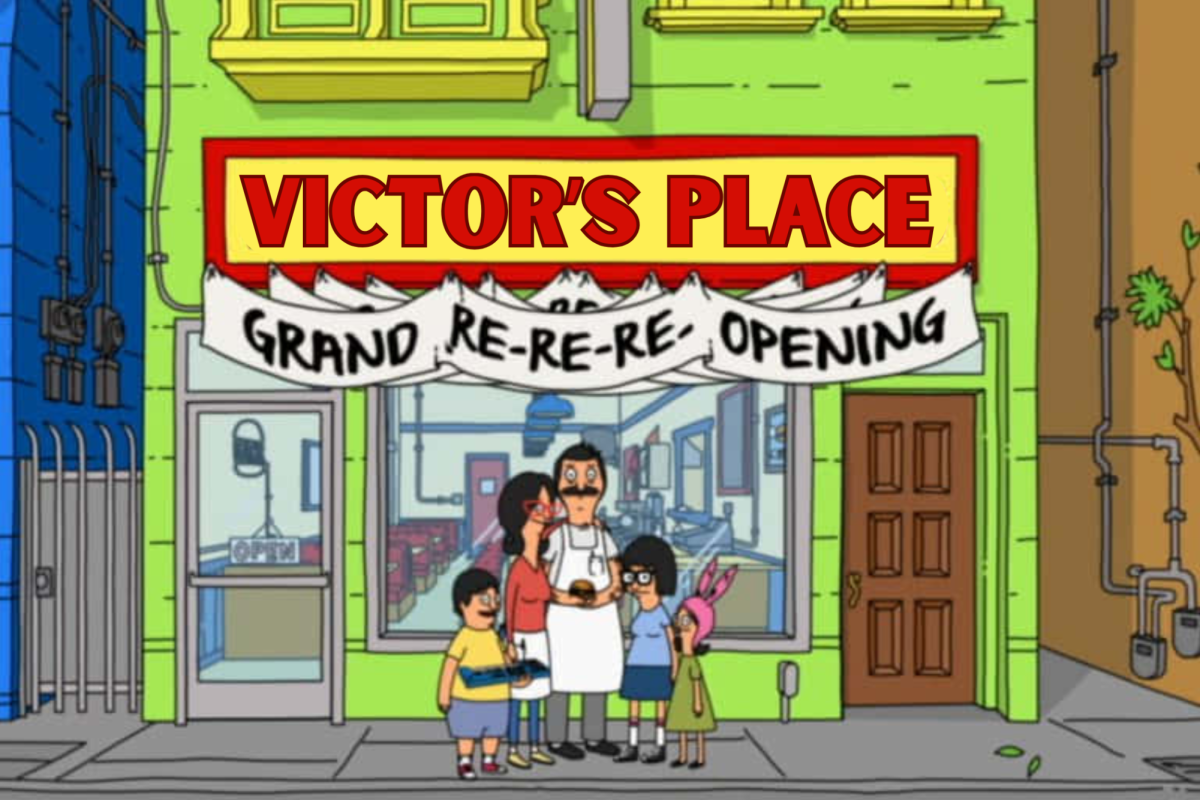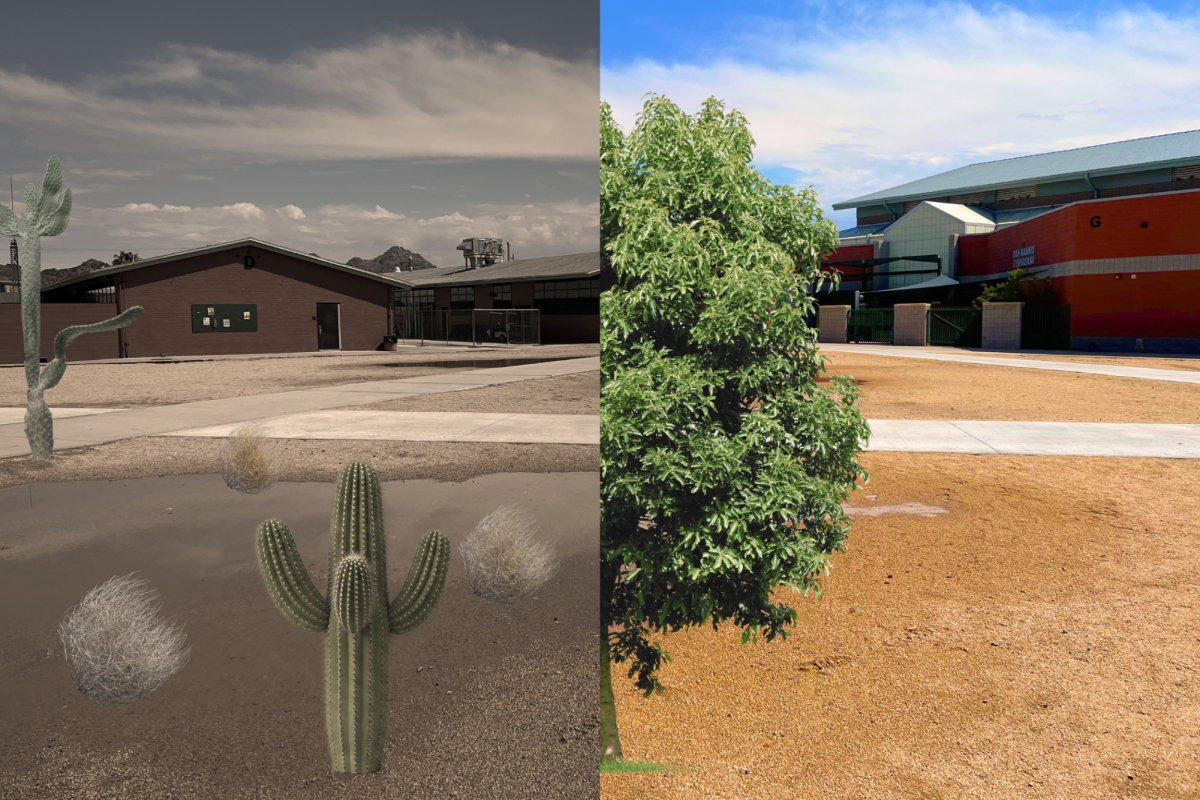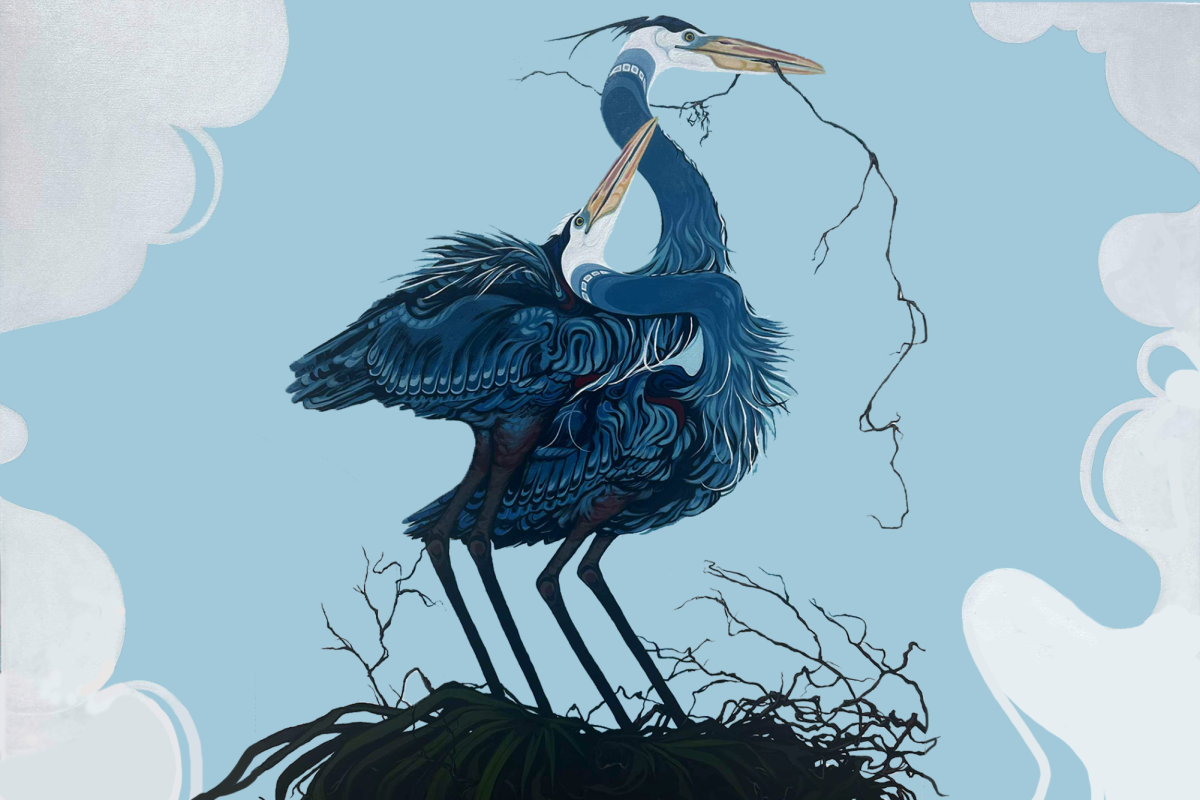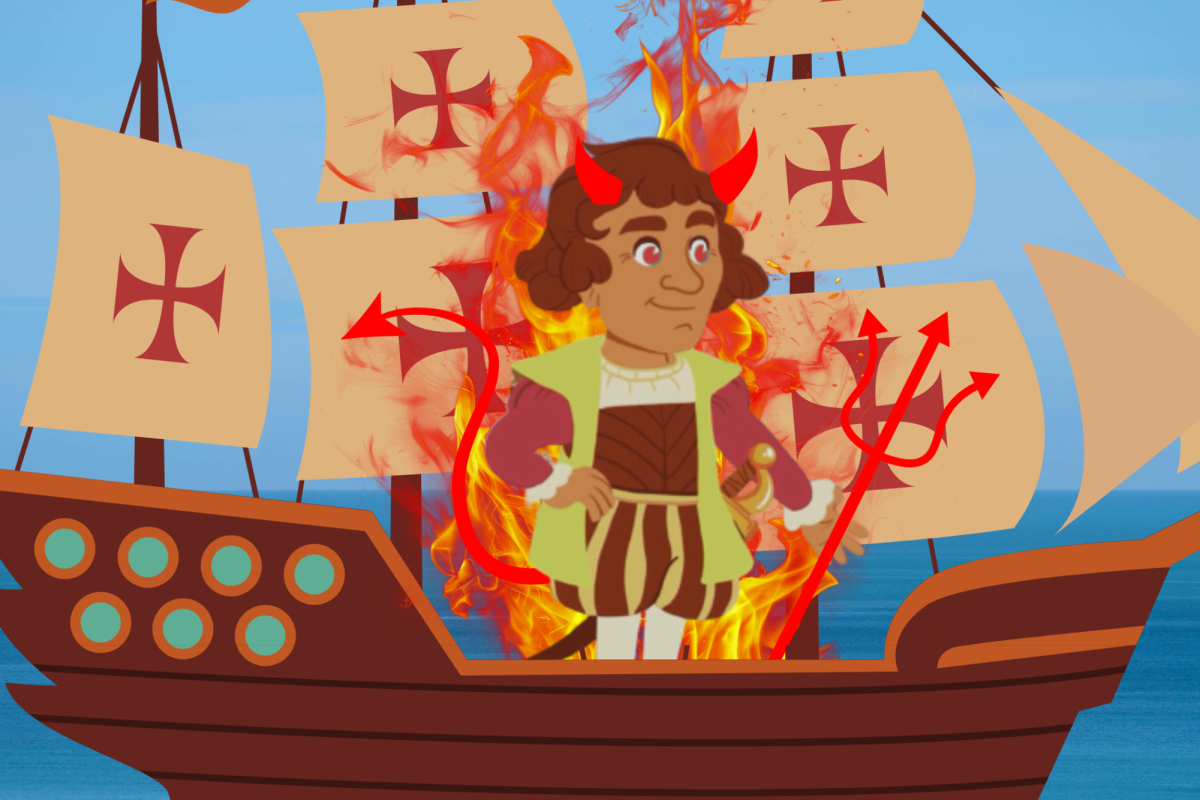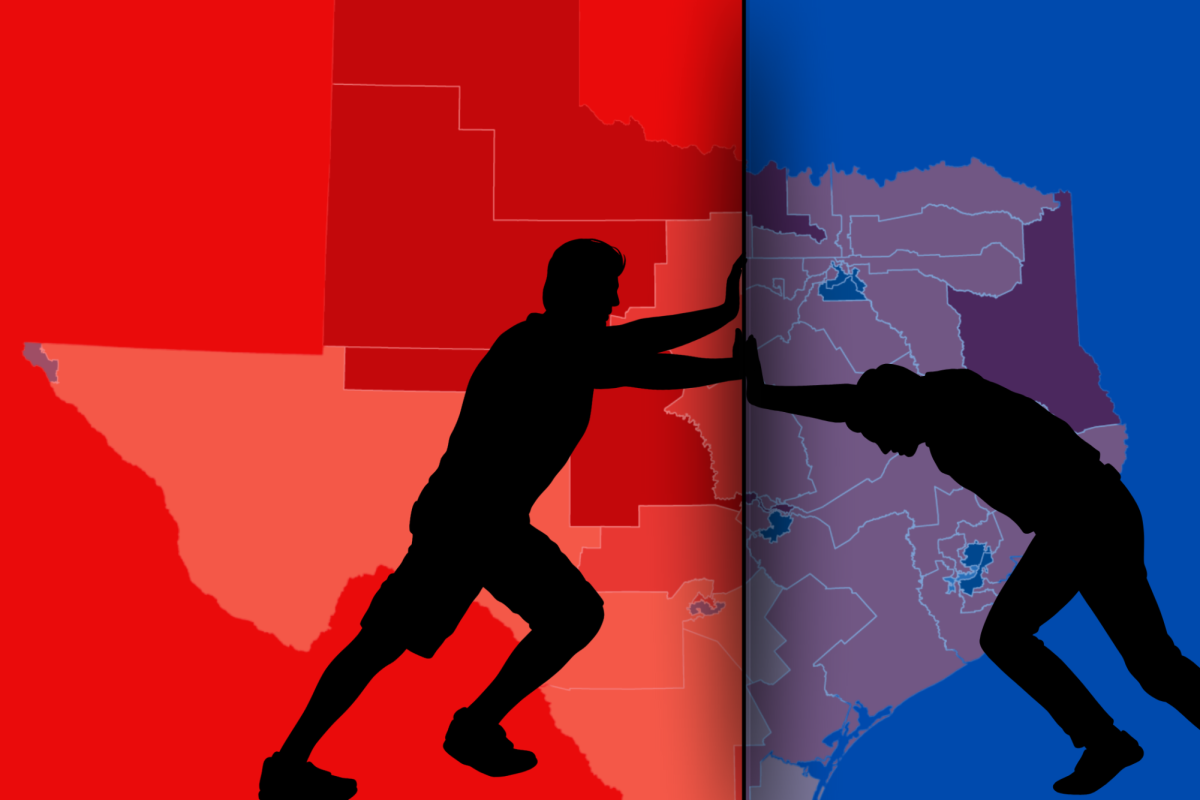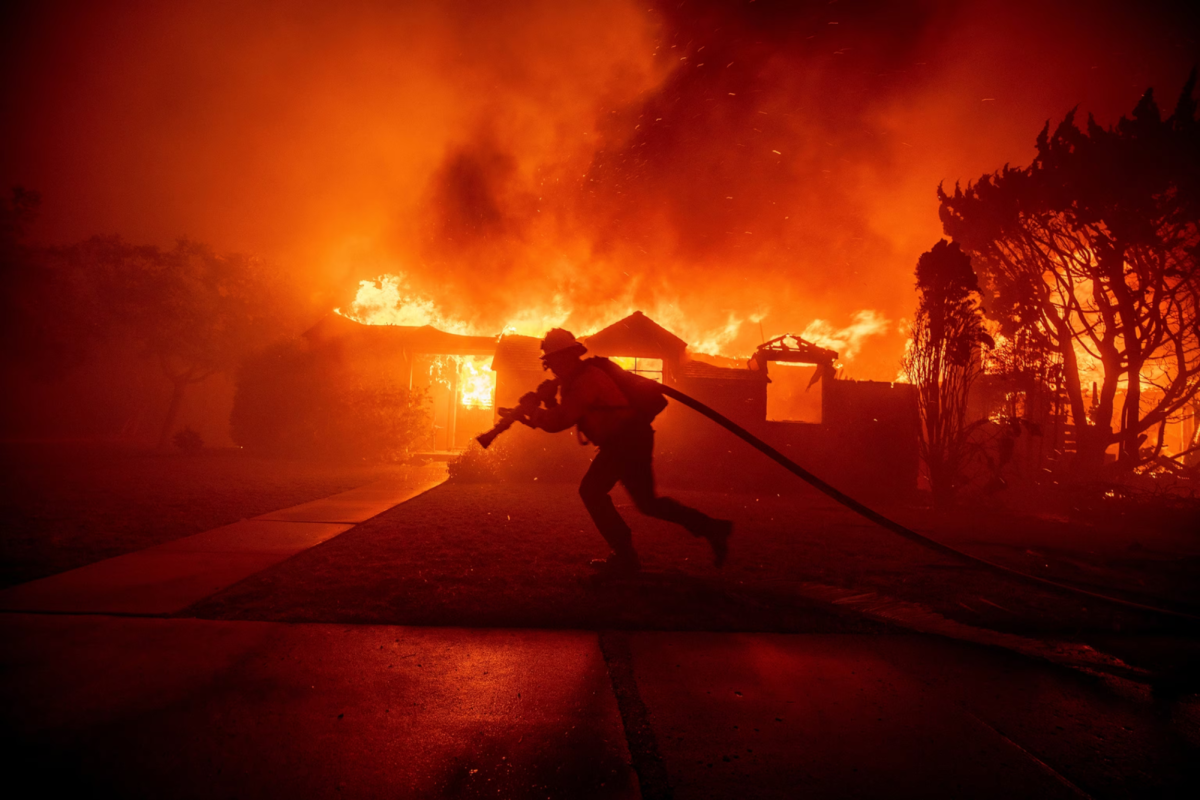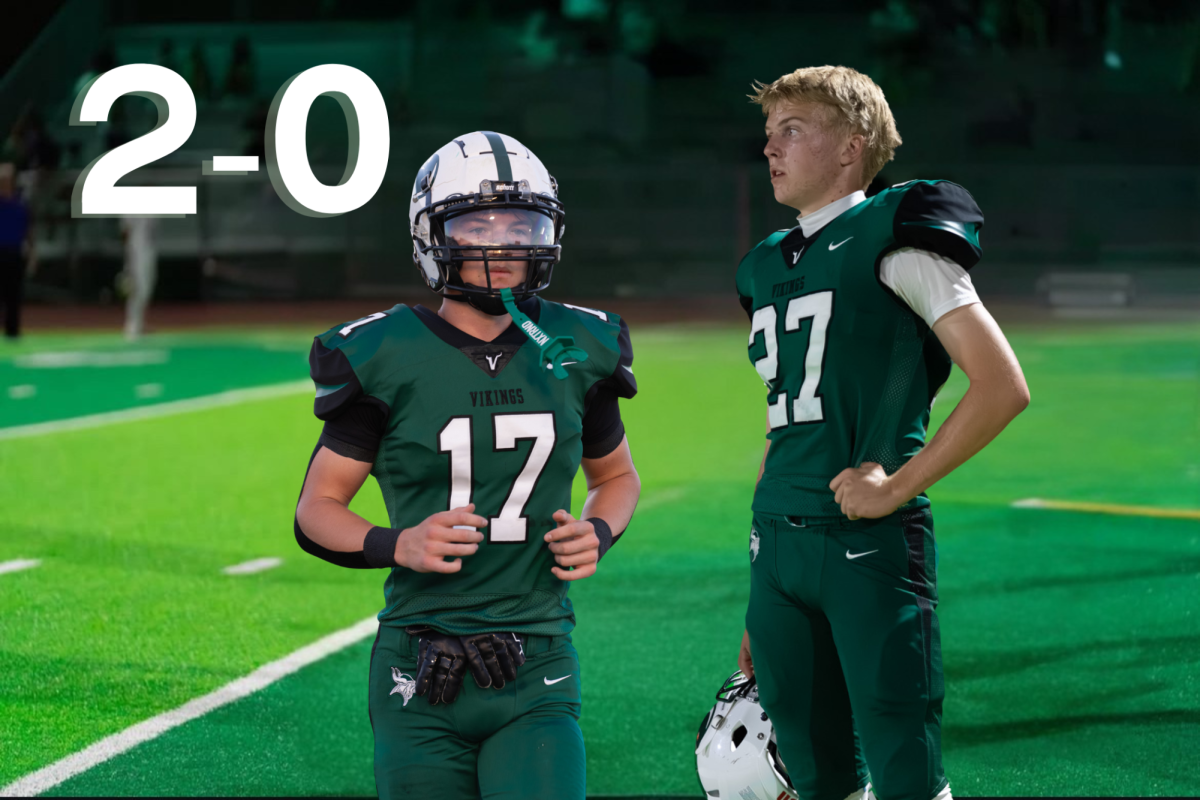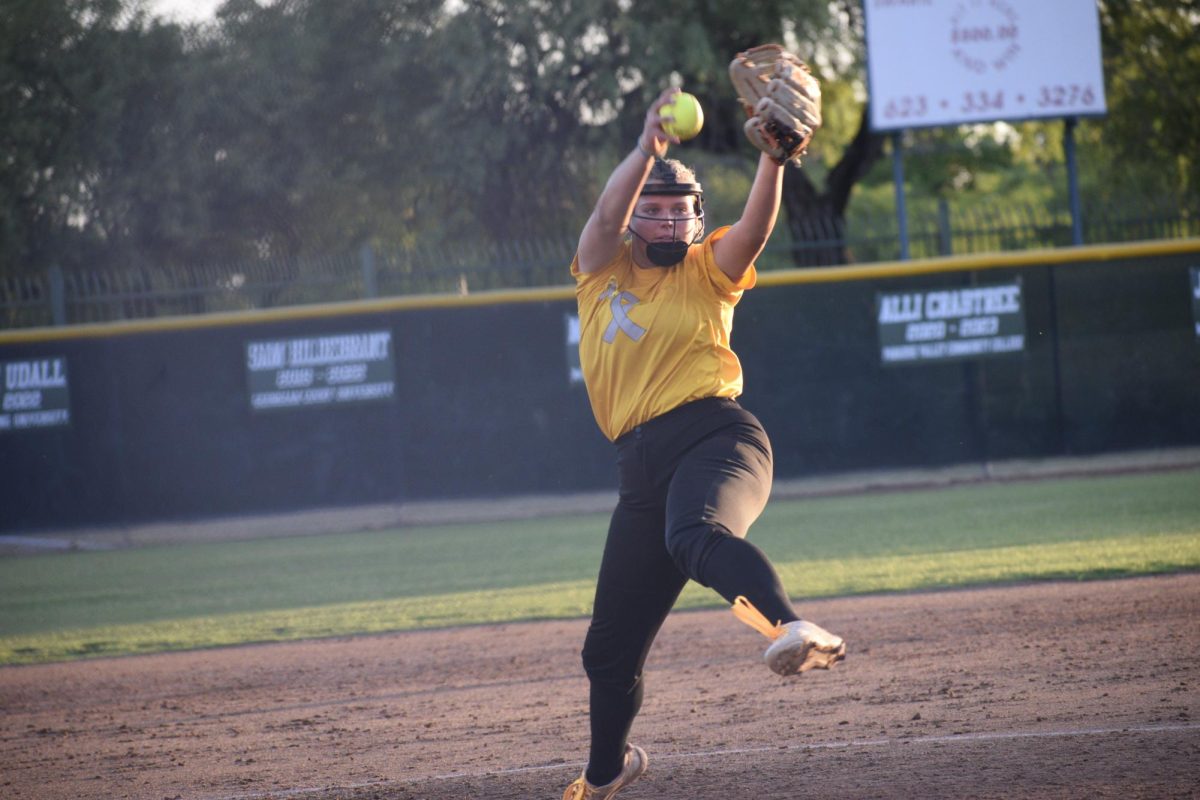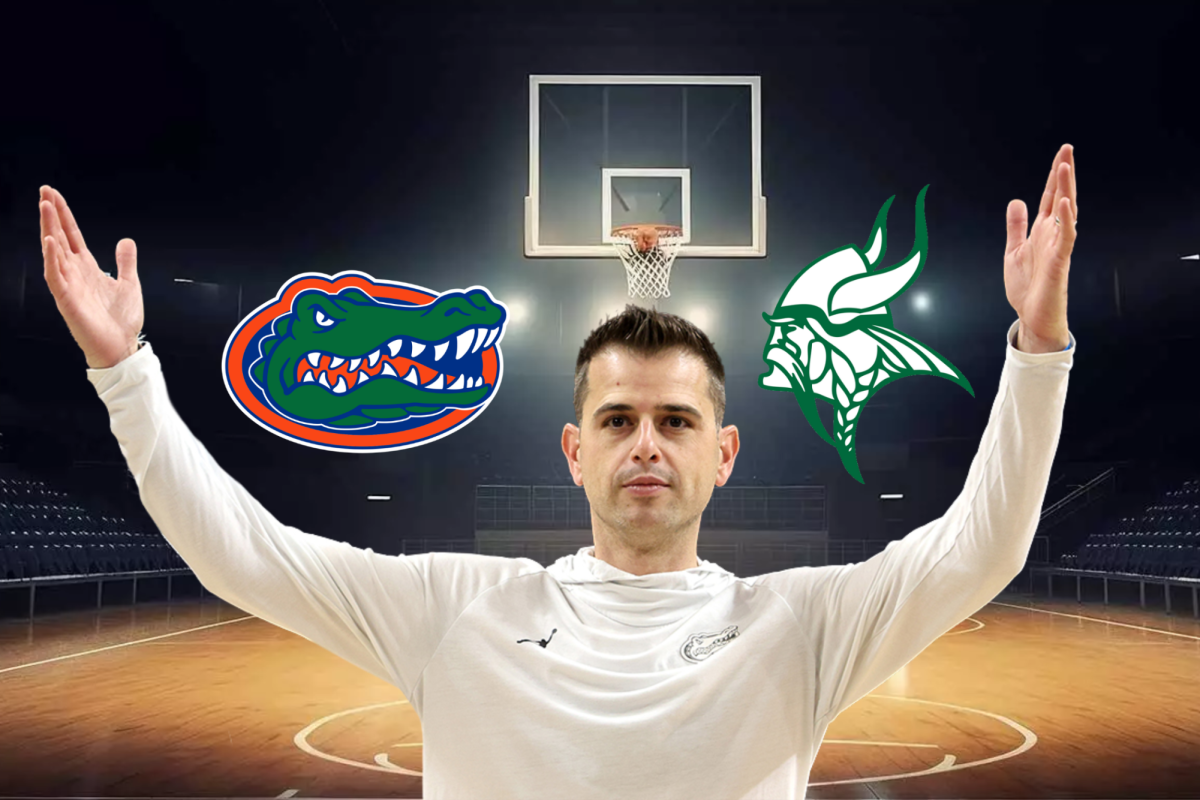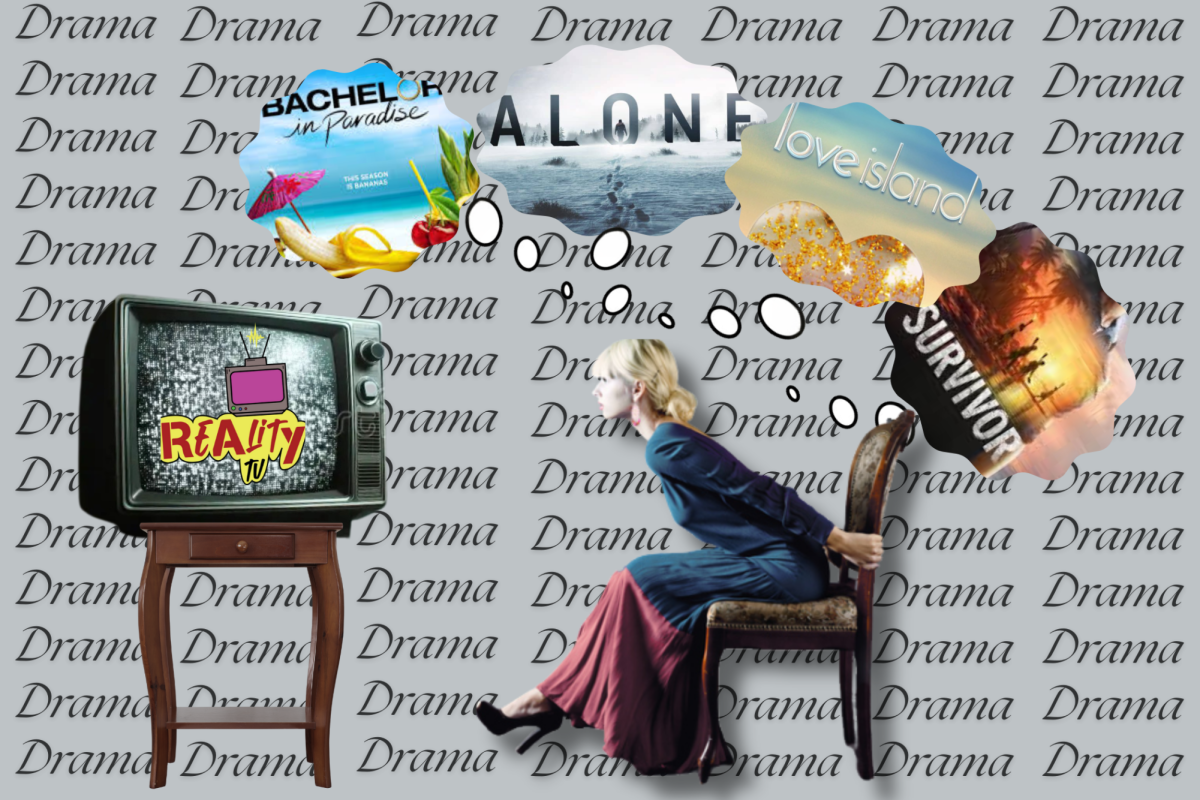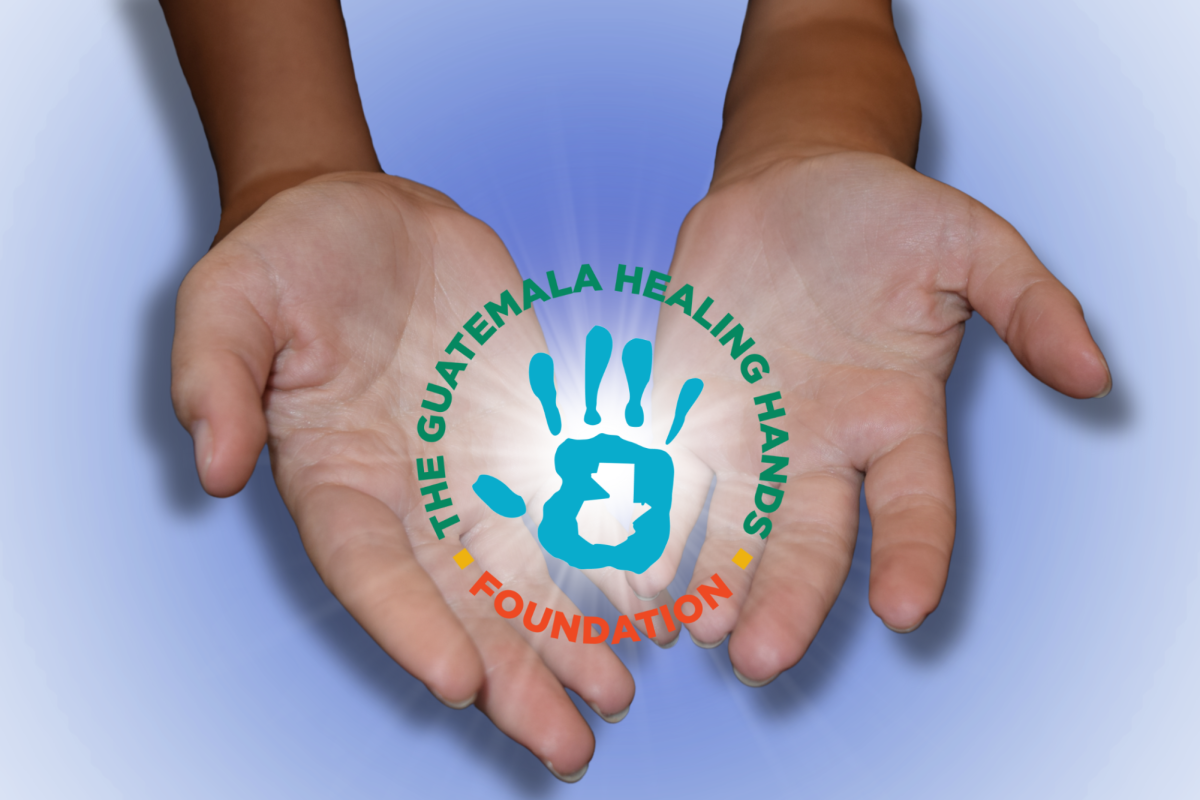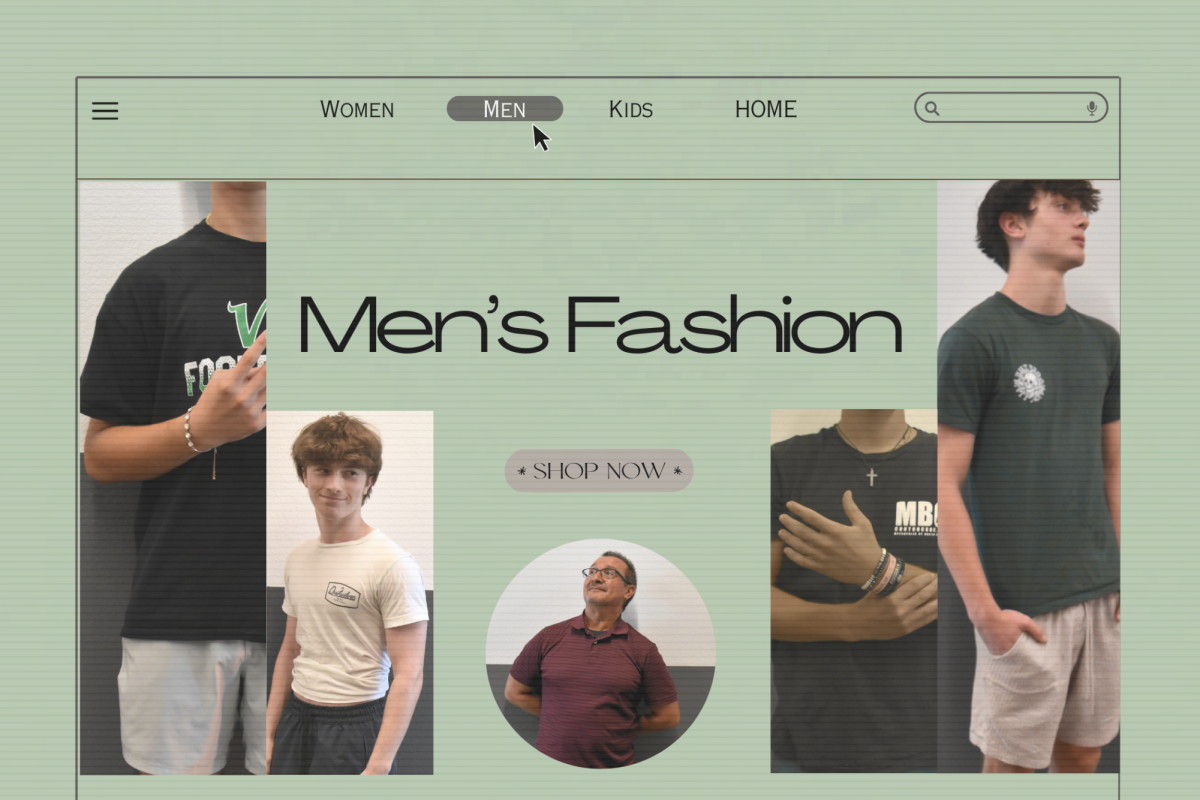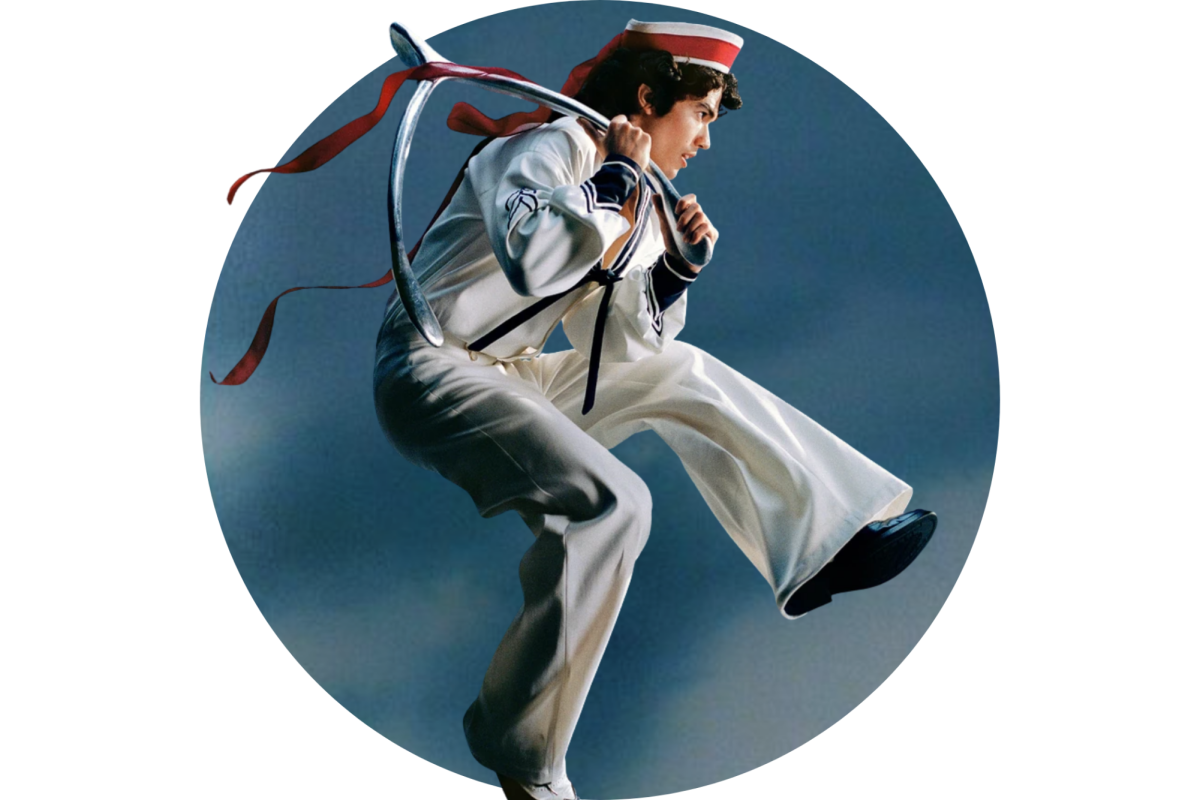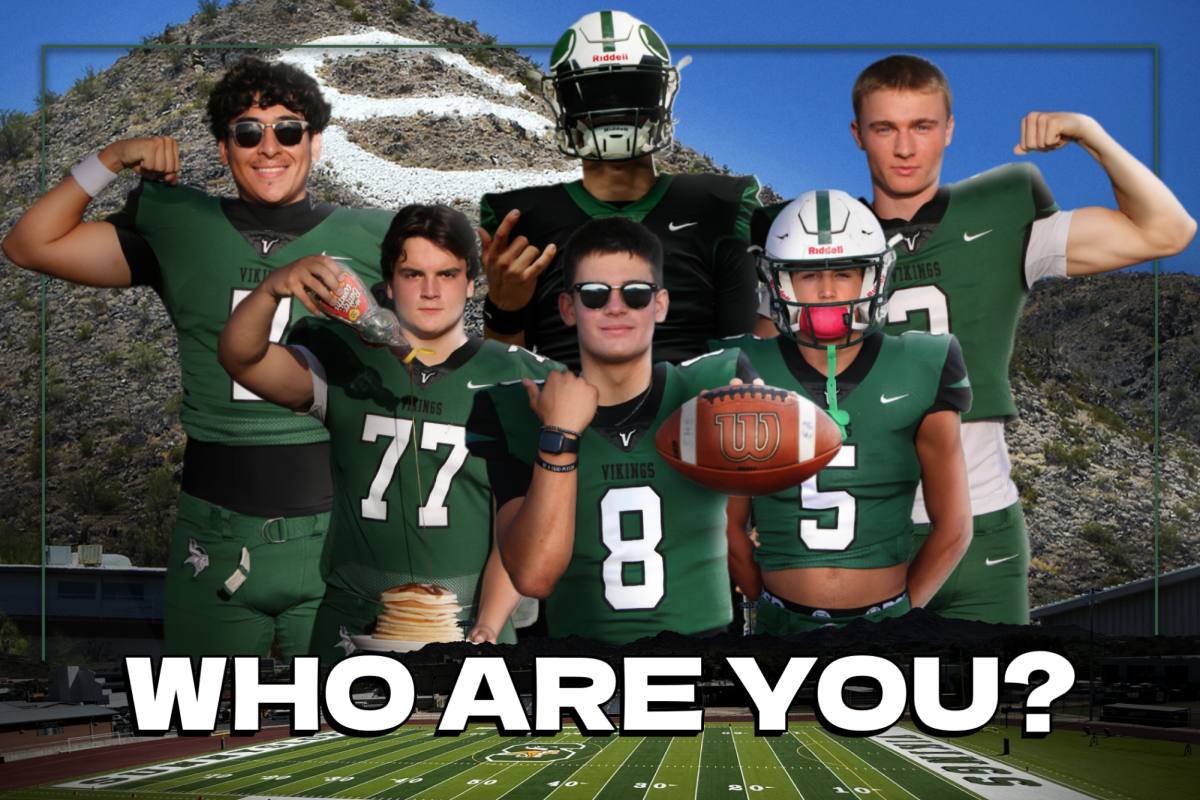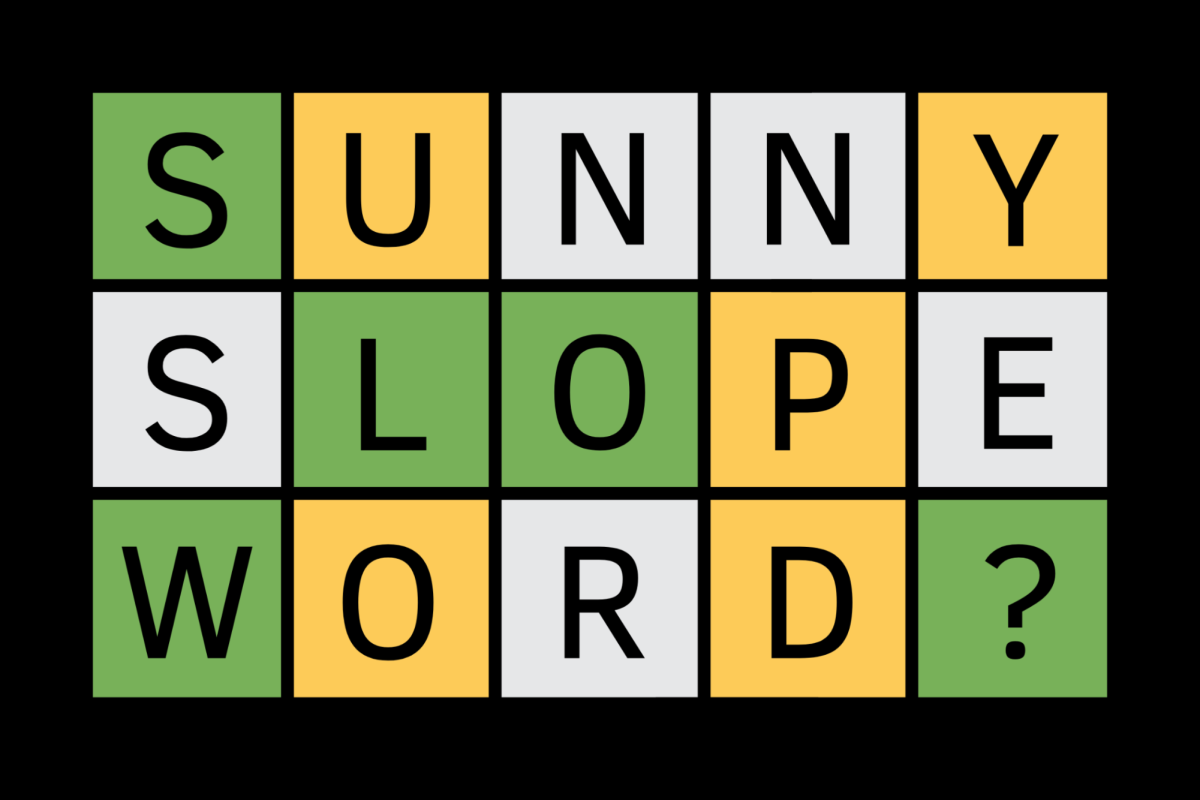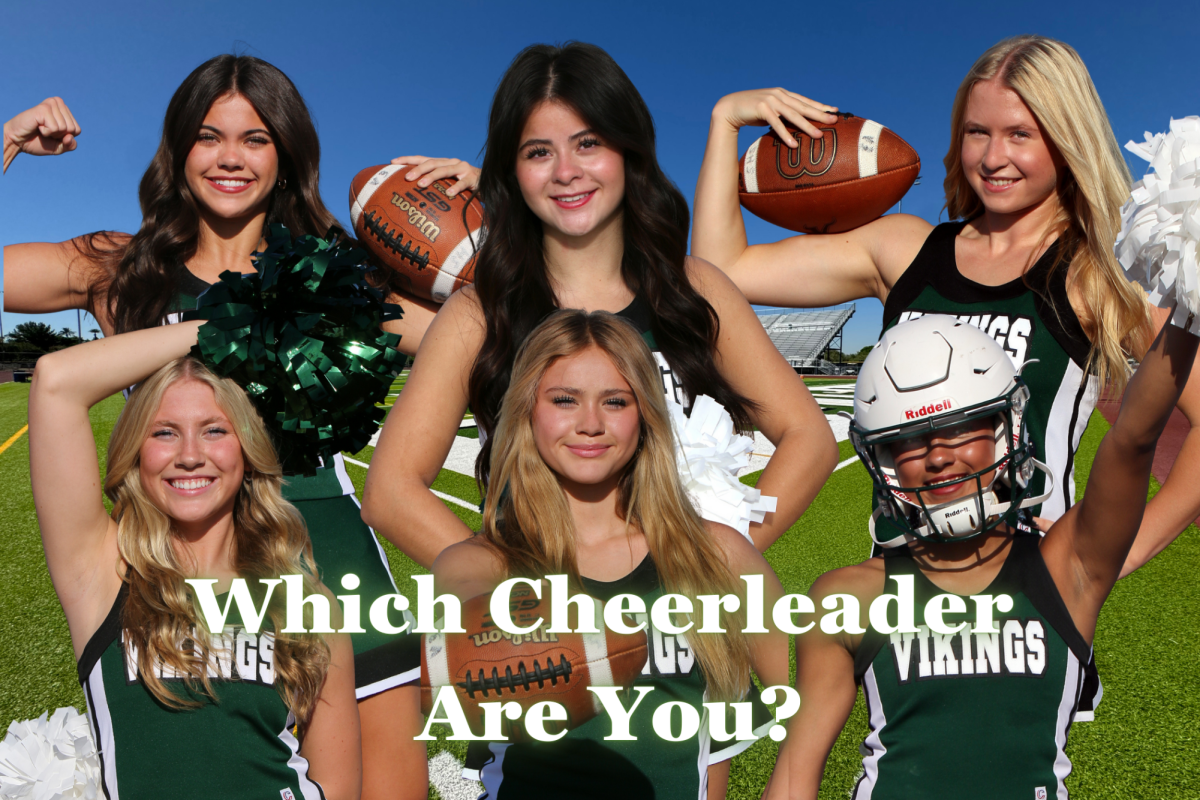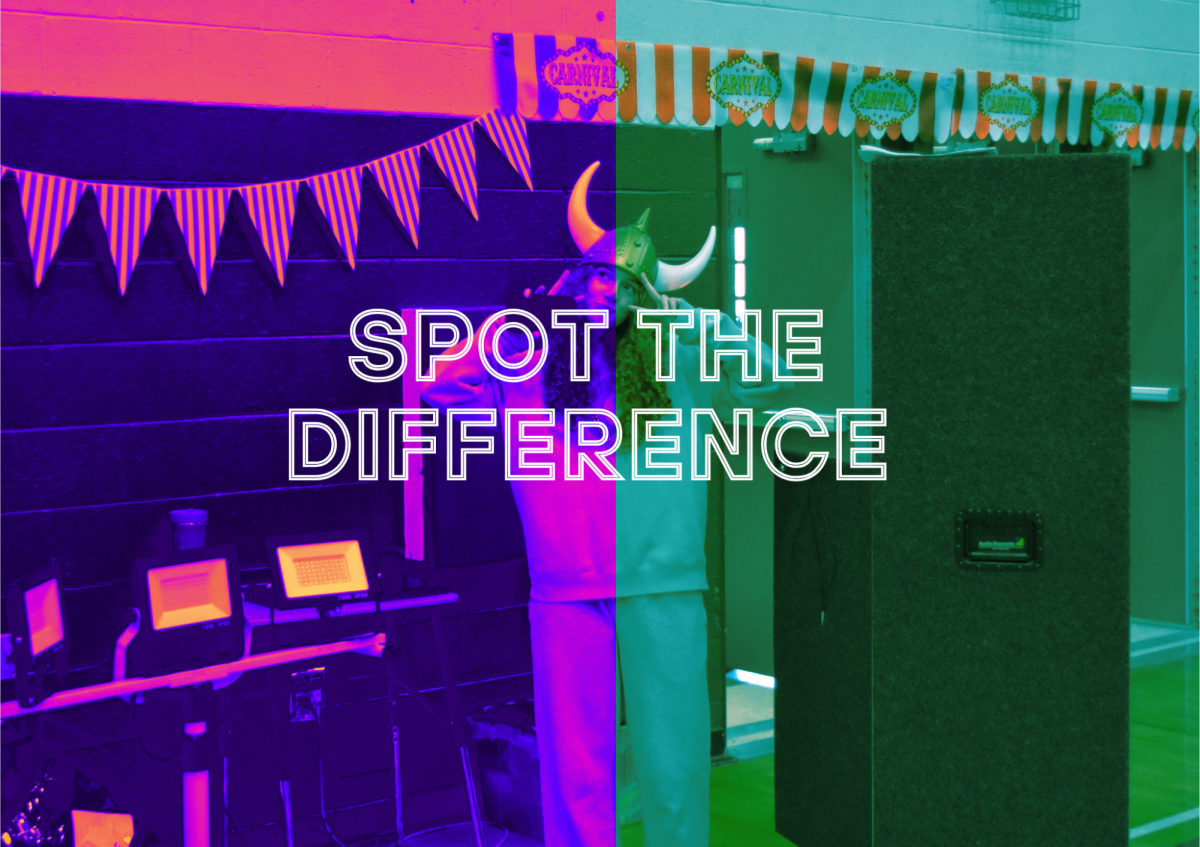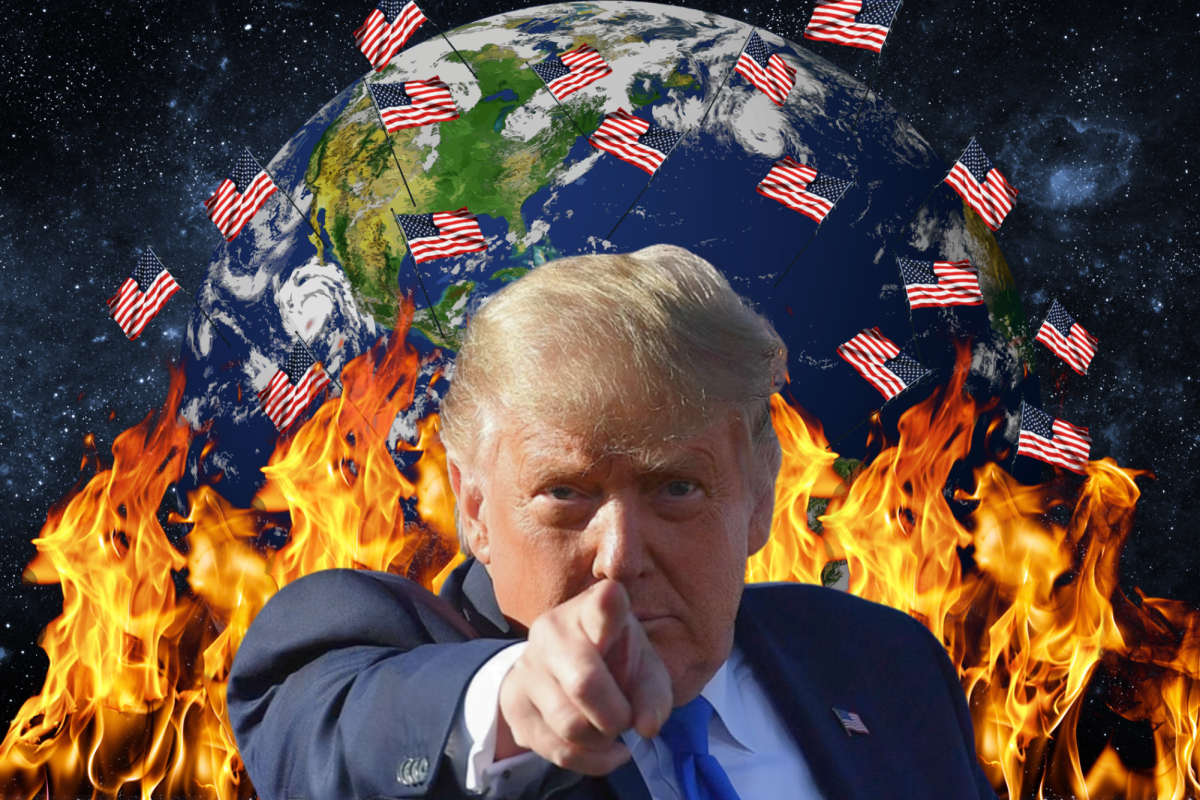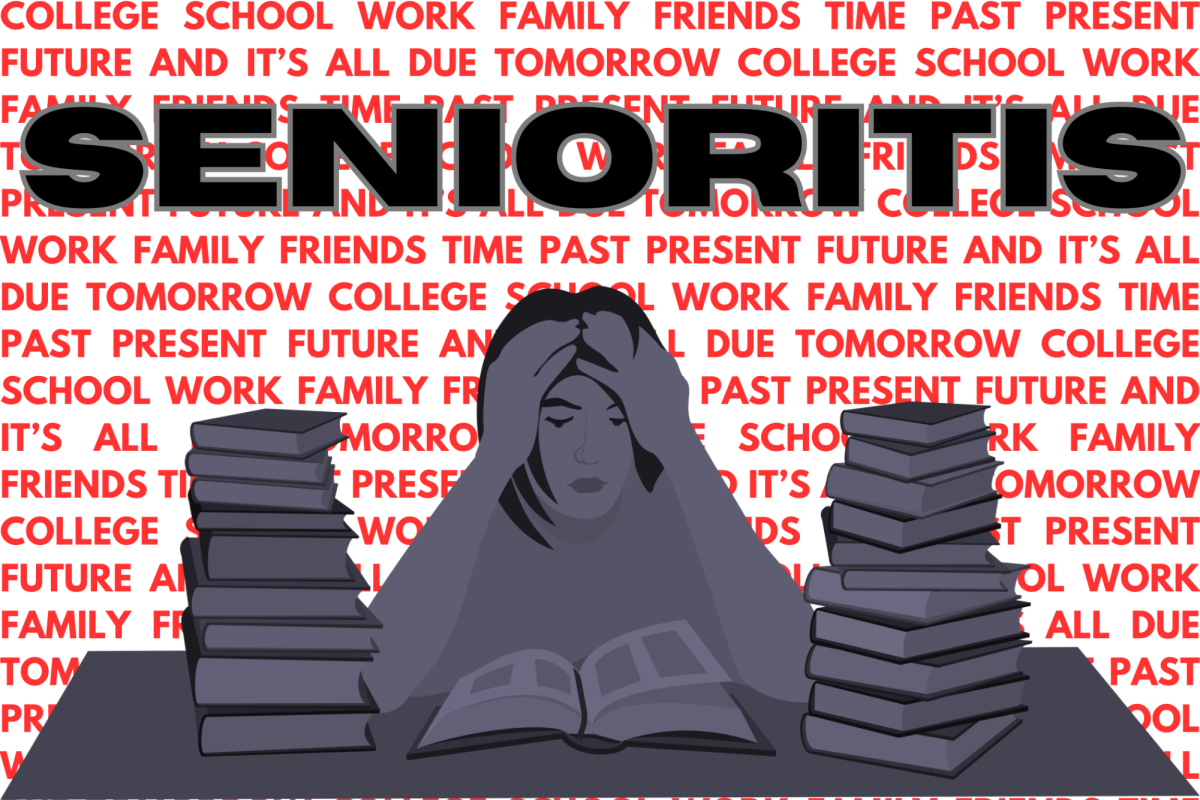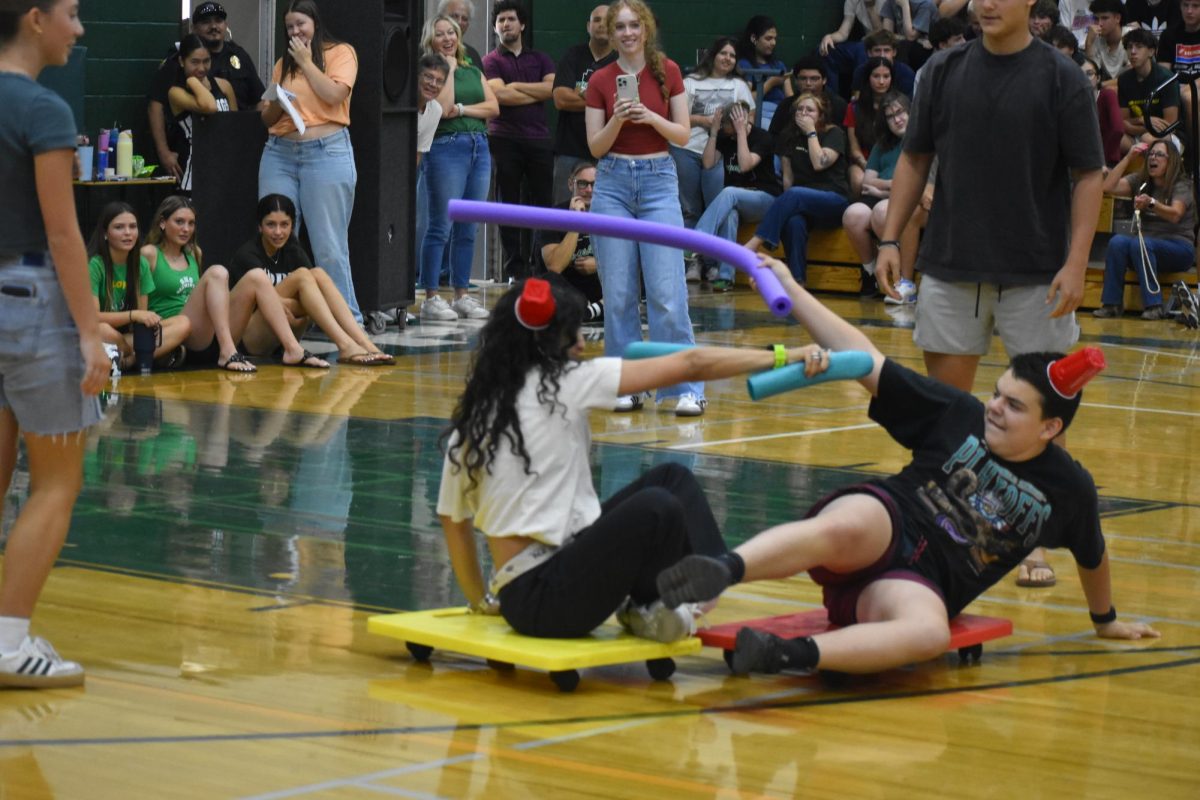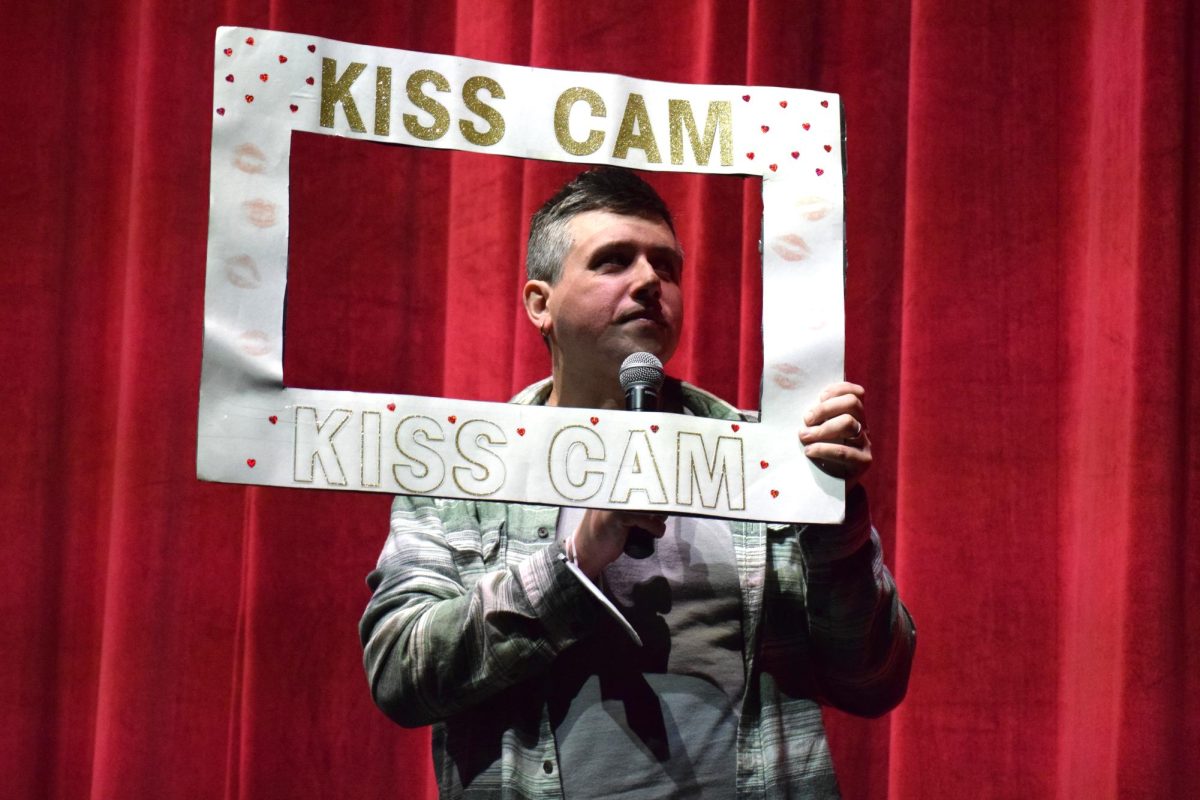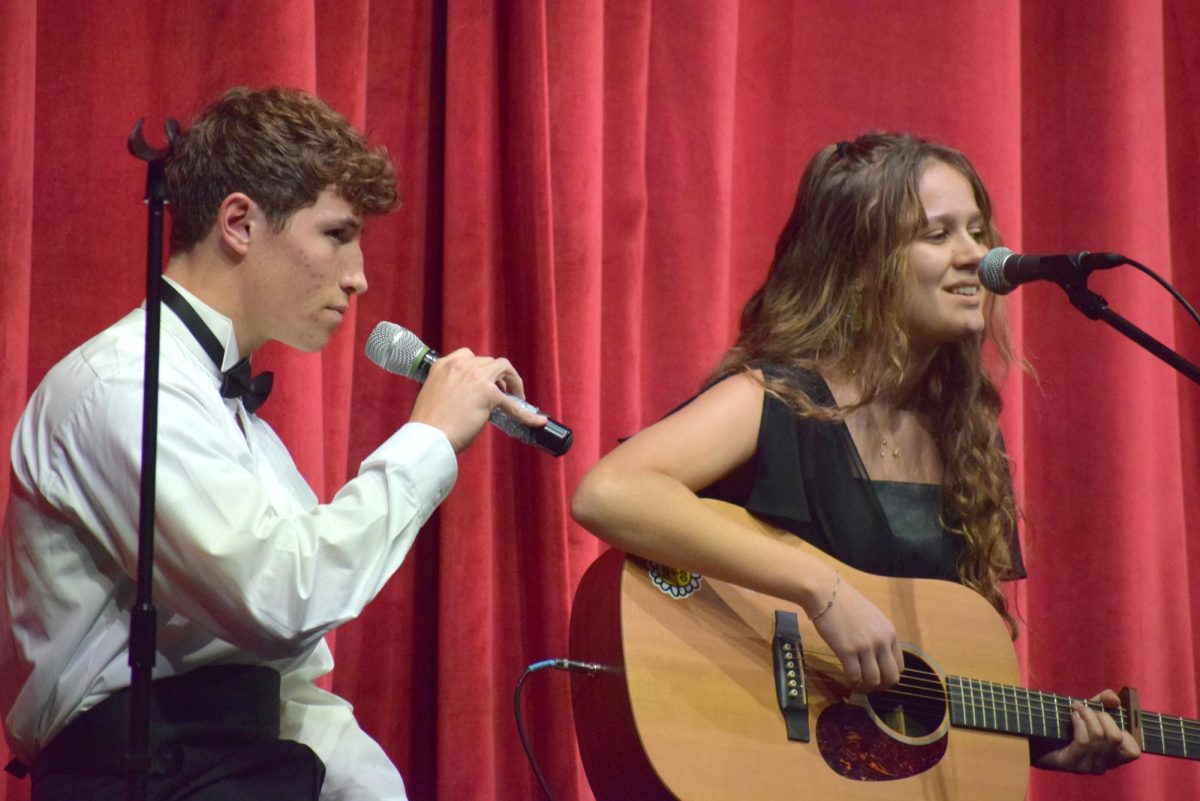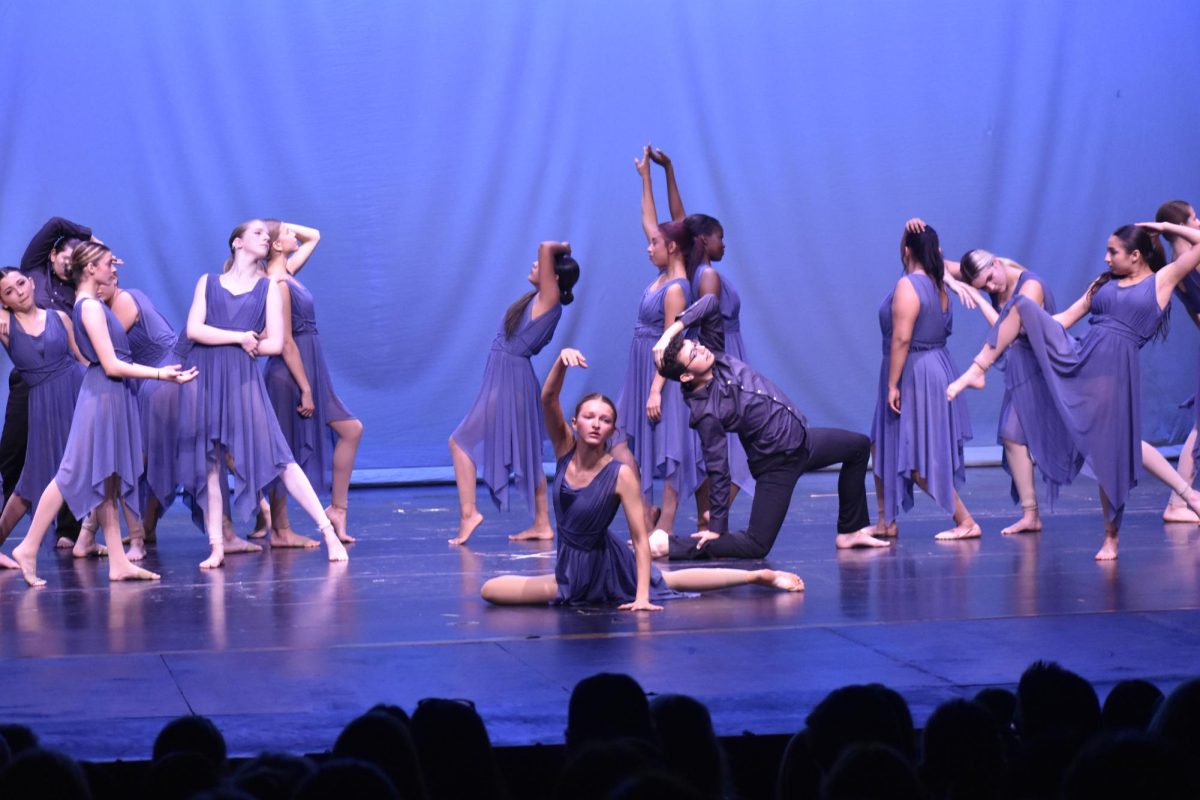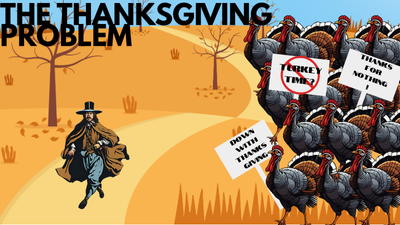A fraudulent holiday, coming every November, people are forced into the uniquely American holiday whose past is a shrouded lie of the atrocities and death that is Thanksgiving.
While there are infinite places to begin this argument, let’s start out thinking about the lives of the regal birds: Turkeys.
Thanksgiving itself stands as a uniquely food-driven holiday. Holidays centered around food such as Mardi Gras exist with idealized food that contains ingredients that can not be ethically gathered.
According to the National Turkey Federation, over 88% of Americans eat turkey on Thanksgiving. The mass killings of millions of turkeys remain an unfathomable amount of murder for organisms that certainly experience emotion.
According to Buissnessinsider.com, Over 46 Million turkeys are eaten at Thanksgiving each year equating to around 21% of all turkey harvesting produced yearly.
According to ReFED.com, over 8.2 million turkeys are wasted during Thanksgiving. Imagine you’re a turkey, in an enclosed, captured farm, with little to no space around you because of your purpose and the legacy of your life: you are living, breathing, experiencing emotions like all other creatures; existing alone on an almost infinitesimal statistic.
Not only are you a statistic, but you’re a statistic without purpose.
Much has been discussed over morality and ethics when talking about eating meat and prioritizing a plant-based diet.
One fact that can not be avoided regarding Thanksgiving is the massive death toll on turkey lives.
The history of the tradition is overlayed with the unfortunate reality that American history is blemished by European settlers’ treatment of Native Americans.
Most of it is well-known now, and the public often recognizes Thanksgiving’s history and its ugly past.
While the history wasn’t as great as it seemed, how much is known about the first Thanksgiving?
Though natives and Europeans indeed achieved some harmony by helping create an alliance between the Pawtuxet and Wampanoag tribes, there is further nuance to the actions taken by both sides.
In the Smithsonian Magazine, Historian David Silverman detailed that “Wampanoag leader Ousamequin reached out to the English at Plymouth” not out of friendliness but due to the “people [who] have been decimated by an epidemic disease.”
Diseases such as measles and scurvy were brought over to the Wampanoag natives by English settlers.
Natives had never encountered these diseases before, containing no antibodies, and proceeded to die in the thousands.
Then, Due to the encroachment on Wampanoag land from European colonists, the death of natives due to foreign diseases, and an event known as King Philip’s War (The Great Narragansett War) occurred.
This war would forever change the power dynamic between natives and colonists.
The result of this war would lead to more European involvement in Native affairs that directly led to the colonialism of America and the reality that most who read this are here due to that fact.
An incalculable amount of death and blood went into making said ‘American land’ that we step and celebrate on.
Furthermore, Native American culture is often misrepresented and patronized with the use of mock outfit pieces reminiscent of Chiefs of Native tribes and non-natives harshly portraying Native Americans knowingly or unknowingly contributing to the horrible racism and stereotypes that plague Native communities every Thanksgiving, being reminded of the oppression and battering down the original colonizers who arrived in the Americas forced onto the Natives.
Thanksgiving in the modern day has been addressed for its horrible past and others have done great jobs at addressing this fact.
In recent discussion, cancel culture and its goals align with the disavowment of celebrating holidays such as Columbus Day, aptly renamed Indigenous Peoples Day.
As well, the meaning behind Thanksgiving holds a sentimental place in the hearts of many individuals, that being a day to celebrate thankfulness and enjoy communion with others.
Families often gather from large distances to come together to catch up and enjoy meals on Thanksgiving day.
While this sentiment is nice, one could consider the fact that limiting the celebration of these sentiments and ideas to a day can be demanding.
Every day, people express their thanks to another, being family, friends, or acquaintances through instances such as communication and even cooking.
So why limit it to one day?
Instead of celebrating a day with a past that is riddled with blood and death, a week of specific celebration can serve as an alternative to the core ideals that are positive within Thanksgiving.
A ‘Week of Thanks’ serves as an opportunity for families to take a week off from obligated responsibilities such as work and school, allowing for connection with loved ones.
One of Thanksgiving’s most important aspects is the food. Families can extend the cooking obligations, usually set to the older members of the family, not only efficiently making food instead of wasting ingredients but also creating opportunities for families to bond and come together in the act of communion, which Thanksgiving itself mainly celebrates.
All in all, Thanksgiving is a holiday built on the false precedence of a past that is widely celebrating a coddled myth as well as a holiday that accounts for immeasurable death between humans and animals.
Still, it is not without hope: for an alternative based on the fundamentally important aspects of thanksgiving, being that of familial and human connection, without the false representation of a burdened past, can still be adopted in our nation.

